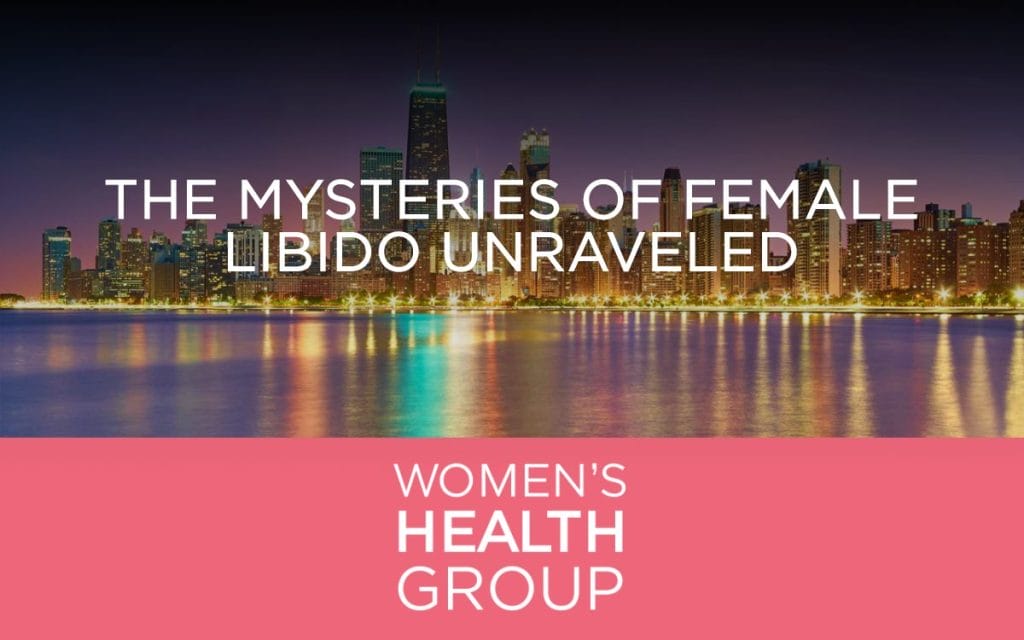Understanding the Complexities of Female Libido
The subject of female libido is complex, multifaceted, and often misunderstood. Many factors can impact female sexual desire – from stress and hormonal changes to psychological factors and physiological influences. Exploring these factors is key to understanding the intricacies of female libido.
At Women’s Health Group, we value and give priority to the health and well-being of women. We are committed to providing comprehensive information about female health, including vital components such as libido. Armed with the right knowledge, women can make informed decisions about their health and sexuality.
Biological Influences on Female Libido
Human libido, or sex drive, is primarily dictated by biological factors such as hormones. Female libido is generally influenced by estrogen and testosterone levels. These hormones fluctuate throughout a woman’s menstrual cycle, and their levels can significantly affect sexual desire.
During menopause, estrogen levels significantly decrease, often resulting in decreased libido. However, this is not always the case, and some women report experiencing an increase in libido. It’s crucial to remember that every woman’s body responds differently to hormonal changes.
Psychological and emotional factors can also significantly influence female libido. Stress, anxiety, and depression can lead to a reduced sex drive. Similarly, unresolved relationship issues or unresolved trauma can also have a negative impact on female libido.
A positive mindset and emotional stability can greatly enhance sexual desire. Open communication with a partner about sexual desires and needs can also significantly boost sexual satisfaction and libido.
Physical Aspects of Female Libido
The physical aspect of libido cannot be ignored. Chronic diseases, such as diabetes and heart disease, can impact on libido. Certain medications, such as antidepressants and blood pressure medications, can also decrease sexual desire.
Women experiencing chronic pain or discomfort during sex (dyspareunia) often report a decreased libido. Similarly, any abnormalities in the female reproductive system – such as fibroids or ovarian cysts – can also impact sexual desire.
Key Libido Insights
While discussing these influences on female libido, it’s crucial to point out some vital insights.
• Female libido fluctuates throughout a woman’s life.
• Libido is influenced by a complex combination of factors.
• Open, honest communication about sexual desires and needs can significantly improve libido.
• Emotional, psychological, and physical health plays a significant role in sexual desire.
The Importance of Professional Help
Embarking on a journey to understand and enhance female libido can be daunting. It’s often beneficial to seek professional help. An Obstetrician-Gynecologist can provide detailed information about the physical and hormonal factors influencing libido.
Through medical examination and consultation, we can provide insights and solutions tailored to each individual’s circumstances. Women’s health is our priority, and we are committed to helping women understand and enhance their libido.
Additional Resources
For more detailed information on Libido Insights, you can refer to these credible sources.
Wrapping Up
Understanding and enhancing the mysteries of female libido requires a holistic approach, considering all the factors influencing sexual desire. At Women’s Health Group, we are dedicated to providing comprehensive, personalized solutions to enhance women’s libido and overall health. Through information and understanding, we aim to unravel the intricacies of female libido. Remember, it’s not just about drive or desire; female libido is an integral part of overall health and well-being.




